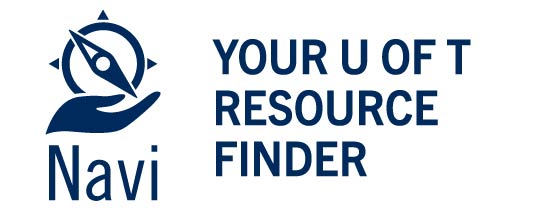Extend your Study Permit
If you have a study permit already, and are applying within Canada for a new one, your application is considered to be an extension. If you will not be applying while you are in Canada, it will not be considered an extension. In that case, please review our information about applying for a study permit outside Canada.
Changes in 2024 and 2025
Provincial Attestation Letter (PAL) Tool
PALs are now required for many in-Canada study permit applications. Please review the PAL tool below to confirm whether your application will require you to have one.
The official exemption list is available from IRCC. In case of a conflict between the two, the list should be given priority.
Changing Schools requires a new Study Permit
As of November 8, 2024, changing Designated Learning Institutions (DLI) requires a new study permit. The process for applying from within Canada is still described on this page (it is still considered an extension by IRCC). It is extremely important to plan ahead as you will require your new study permit to start at your new institution and processing times are quite long.
See the While at U of T page for more details.
Important note for students coming from Canadian high schools in September 2025
Immigration, Refugees and Citizenship Canada (IRCC) has announced that students with a study permit for secondary school studies in Canada who applied within Canada for their U of T study permit before their secondary-level study permit expired can begin studies while they wait for a decision. If the U of T study permit application is refused, you must stop studying immediately.
When you are applying for an extension of your status in Canada, you can also include your dependants. Find more information about extending the status of your dependants.
Register for a live Question and Answer session (Requires logging-in with JOINid/UTORid)
Frequently Asked Questions
Every refusal is accompanied by a letter that gives some information about the reason(s) for the decision. If you need help understanding it, and your next steps, you can book an appointment with an International Student Immigration Advisor.
Check out our Resources page for more support.
